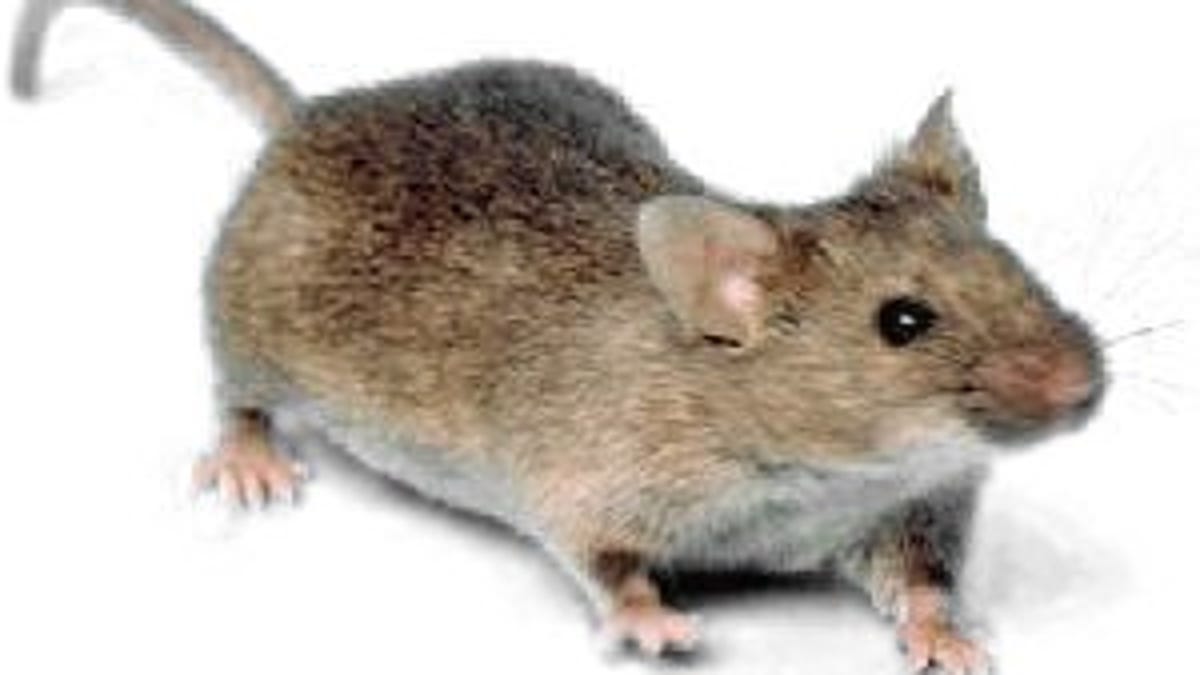Robo-nose made from mouse cells could help sniff out drugs
A new kind of fake nose made with living mouse cells can detect odors from drugs and explosives, just like police dogs can.

Mice cells could be the answer to creating better artificial noses to sniff out bombs and drugs, according to a new study.
Police dogs are specially trained to sniff out bombs and illegal drugs. But when they need a break from their duties, mice (or at least mice cells) could end up as a replacement someday.
Researchers at Duke University have built a prototype of an artificial "robot nose" device by using living mouse cells.
The prototype -- described in a study published this month in the journal Nature Communications -- uses mice genes that respond to the same odors a K-9 is trained to sniff out.
"Mice and rats are very good smellers," Hiroaki Matsunami, study author and professor of molecular genetics and microbiology at the Duke School of Medicine, said in a statement Monday. "We just don't use mice for detecting explosives in real life. There are some practical problems to do that."
For the study, researchers created a medium using molecules that respond to smells of specific drugs like cocaine. They then used 80 percent of mice odor receptors and mixed those with certain odor chemicals in the medium.
When the researchers identified the best-performing odor receptors from the first part of their experiment, they then monitored how the receptors responded to various smells, including those similar in chemical structure to drugs and explosives.
The researchers also tested enzymes found in nasal mucus to see how that could alter the artificial nose's reactions to different odors.
"When the chemical dissolves in the nasal mucus before binding to the receptor, it might be converted to another chemical by enzymes in the nasal mucus," Matsunami said.
According to the study, a better understanding of the essential components of nasal mucus could help researchers build a more effective artificial nose.
While artificial noses couldn't be used yet to sniff out bombs and drugs in real-life situations, the study's findings will help researchers move toward such possibilities in the future.
CNET's Gift Guide: The best place to find the perfect gift for everyone on your list this season.
Best Black Friday 2018 deals: The best discounts we've found so far.

